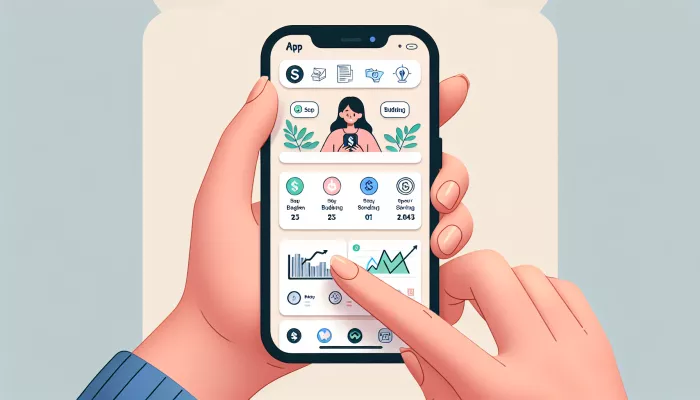
Firstly, the impulse buying are financial transactions that take place quickly, without adequate prior consideration.
Numerous psychological and environmental factors can contribute to this impulsive behavior.
Understanding the impulse buying can be the key to controlling this habit. Knowing which triggers make you buy impulsively can help you avoid these situations.
Shall we delve a little deeper?
Psychological triggers are feelings that motivate us to act. They can be linked to situations of stress, anxiety, joy, sadness and also to specific environments.
Marketing is a strong influencer in impulse purchases. Through effective strategies, they can capture the attention of potential customers and encourage them to buy.
Today, we live in a digital age, where we spend most of our time on the internet, especially on social networks.
Being constantly exposed to advertisements for products and offers, it's easy to fall into the temptation of impulse buying.
We hope that this information will help you understand the phenomenon of impulse buying and make conscious financial decisions.
Impulse purchases may suggest a brief immediate pleasure, but they lead to long-term regrets, especially when we consider their impact on our financial health.
It is therefore crucial to develop strategies to control this thoughtless spending.
The first step to controlling impulse buying is to recognize that it's a problem. It's easy to ignore this behavior because of the immediate pleasure it brings.
However, it is important to understand and accept that these purchases can lead to financial problems.
Setting a budget is an effective way of avoiding impulse purchases.
When we know exactly how much money we have to spend and where it needs to be spent, we are less likely to make unnecessary purchases.
Using cash instead of credit or debit cards can help reduce impulse purchases.
With cash, we have a tangible idea of how much we have and are spending, which can inhibit impulsive spending.
Mindfulness is a practice that involves being totally present and engaged in the present moment.
This can be especially useful when shopping, as it can help us focus on what we really need and resist the temptation to buy unnecessary items.
The 30-day rule is a useful strategy for controlling impulse purchases.
If you see something you want to buy, wait 30 days before you actually buy it. This gives you time to think about whether you really need the item.
In the end, remember that controlling impulse purchases is a process.
However, use these strategies to help you get started, and don't forget that it's always good to seek the help of a financial professional if you need it.
First and foremost, impulse purchases are a common phenomenon in contemporary society. Such behavior can lead to pernicious financial consequences.
In this article, we'll explore the link between impulse purchases and financial health and provide some effective tips for mitigating this damage.
How often do you find yourself buying something without a clear justification or need? Impulse buying can seriously affect your budget, leading to an unstable financial situation.
It is therefore important to understand how these purchases can put your financial health at risk.
Impulse buying can be fun and exciting at the time, but the financial consequences are not at all pleasant.
The ease of credit card purchases often leads to an increase in debt, as it is common to buy more expensive items than you can afford.
Another financial disadvantage of impulse buying is the loss of investment opportunities.
Therefore, the money spent on impulse purchases could be invested in something that will provide a return in the future, such as an emergency fund, retirement or education.